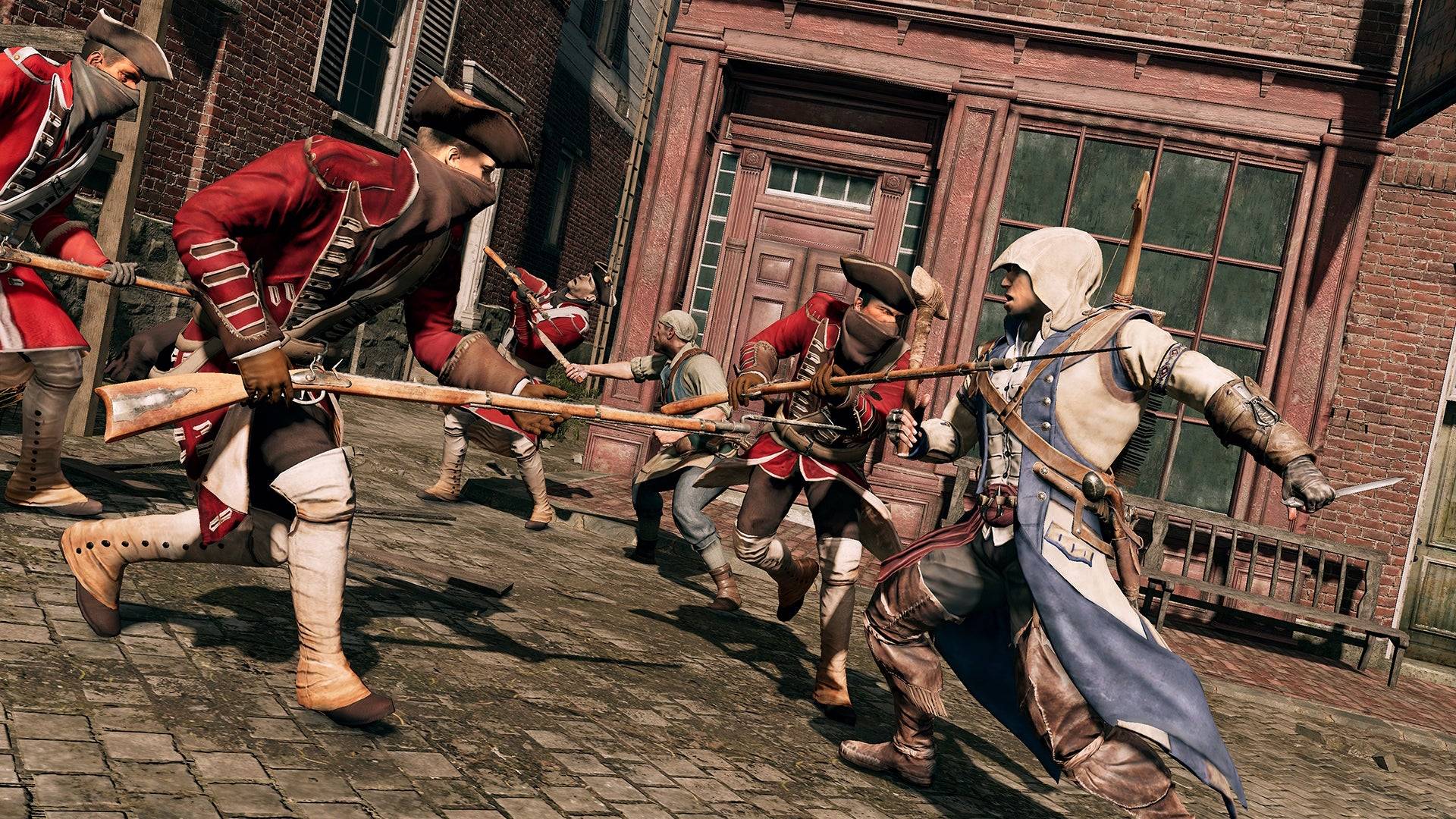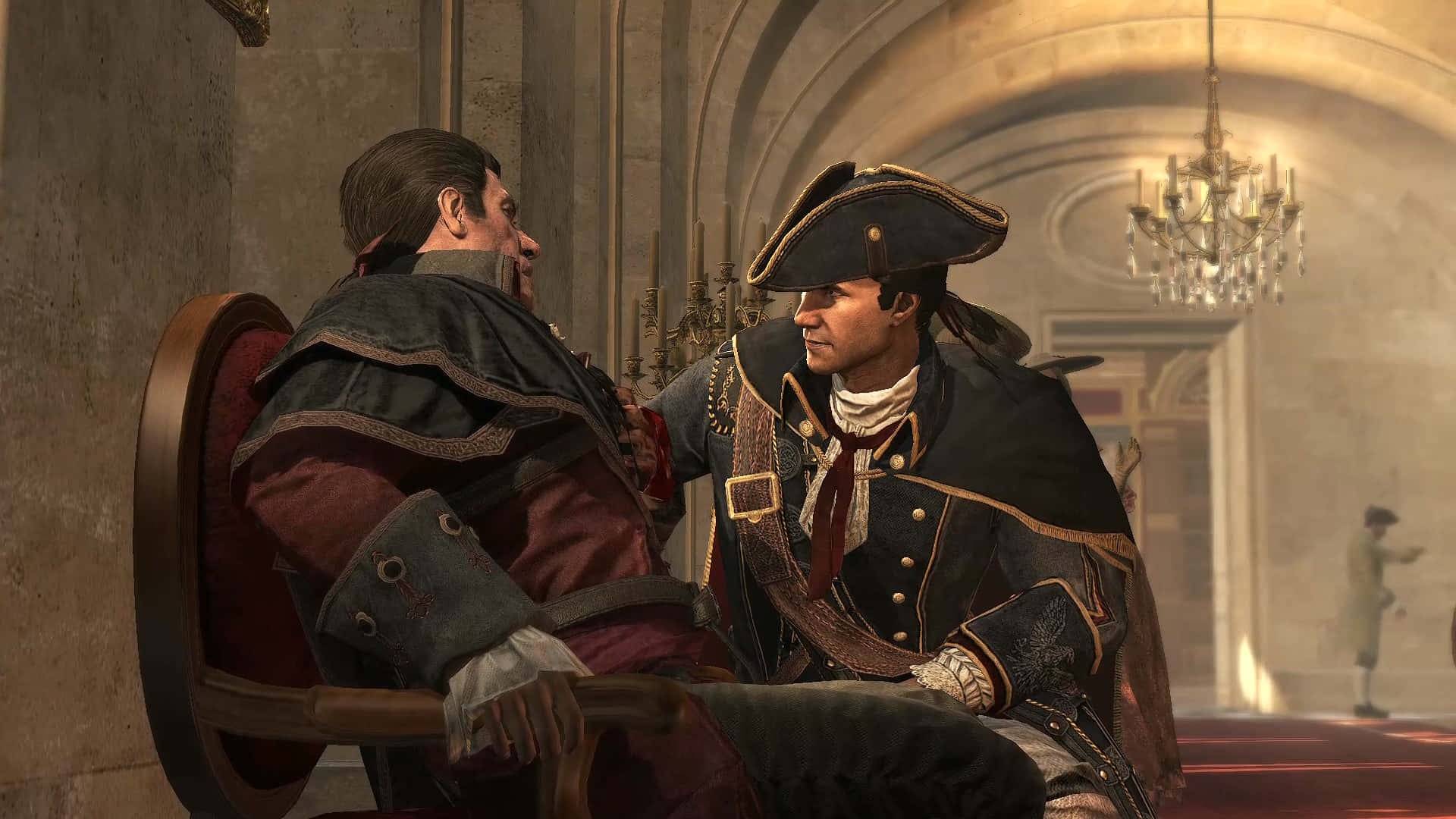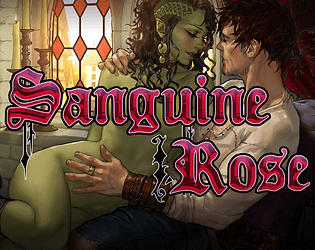One of the most unforgettable moments in the entire Assassin’s Creed series occurs early in Assassin’s Creed 3, when Haytham Kenway completes assembling his team in the New World. Initially, players are led to believe they are joining a group of assassins. Haytham, equipped with a hidden blade and possessing the charm reminiscent of Ezio Auditore, has up to this point portrayed the role of a hero, freeing Native Americans from prison and confronting British redcoats. It's only when he utters the iconic Templar phrase, "May the Father of Understanding guide us," that it becomes apparent we have been following the series' antagonists, the Templars.
This twist represents the pinnacle of Assassin’s Creed’s storytelling potential. The original game introduced a compelling concept—hunt down and eliminate targets—but it lacked depth in its narrative, with both protagonist Altaïr and his victims lacking personality. Assassin’s Creed 2 improved upon this by introducing the more charismatic Ezio, yet failed to develop his adversaries fully, as seen with the underdeveloped Cesare Borgia in Assassin’s Creed: Brotherhood. It wasn't until Assassin’s Creed 3, set during the American Revolution, that Ubisoft truly fleshed out both the hunter and the hunted, creating a seamless narrative flow that balanced gameplay and story in a way that has not been replicated since.

While the current RPG era of Assassin’s Creed has been well-received, many believe the series is in decline. Discussions often revolve around the increasingly fantastical elements, such as battles with mythological beings like Anubis and Fenrir, the introduction of romance options, and the use of historical figures like Yasuke in Assassin’s Creed Shadows. However, I believe the true cause of this decline is the series’ move away from character-driven storytelling, which has become overshadowed by expansive sandbox elements.
Over time, Assassin’s Creed has integrated numerous RPG and live service elements, including dialogue trees, XP-based leveling, loot boxes, microtransactions, and gear customization. Yet, as these newer titles have grown larger, they have also felt increasingly hollow, not only in their repetitive side missions but also in their storytelling. For instance, while Assassin’s Creed Odyssey contains more content than Assassin’s Creed 2, much of it feels less polished and engaging. The choice-driven mechanics, intended to enhance immersion, often result in scripts that feel stretched and less refined compared to the focused narratives of the earlier action-adventure games.
This shift breaks immersion, making interactions with characters feel artificial rather than with complex historical figures. The Xbox 360/PS3 era, in contrast, produced some of the best writing in gaming. Iconic moments like Ezio’s passionate declaration, "Do not follow me, or anyone else!" after defeating Savonarola, and Haytham’s poignant soliloquy upon his death at the hands of his son, Connor, showcase this:
"Don't think I have any intention of caressing your cheek and saying I was wrong. I will not weep and wonder what might have been. I'm sure you understand. Still, I'm proud of you in a way. You have shown great conviction. Strength. Courage. All noble qualities. I should have killed you long ago."

The narrative has also suffered in other ways. The modern games often oversimplify the conflict as Assassins = good and Templars = bad, whereas earlier games blurred these lines. In Assassin’s Creed 3, each Templar uses their final moments to challenge Connor's beliefs. William Johnson suggests the Templars could have prevented the Native American genocide. Thomas Hickey mocks the Assassins’ ideals as unattainable. Benjamin Church argues that perspective shapes reality, with the British viewing themselves as victims. Haytham challenges Connor’s trust in George Washington, hinting that the new nation might mirror the despotism of the old monarchy. It's later revealed that Washington, not Charles Lee, ordered the burning of Connor's village, leaving players with more questions than answers and a richer story as a result.
Reflecting on the series, the enduring popularity of "Ezio’s Family" from Assassin’s Creed 2's soundtrack highlights the importance of character-driven narratives. The melancholic guitar strings evoke Ezio's personal loss rather than just the setting. While I appreciate the expansive worldbuilding and visuals of the current games, I hope Assassin’s Creed will return to its roots, focusing on intimate, crafted stories. However, in today’s market of expansive sandboxes and live service games, such a return may not align with "good business."
















